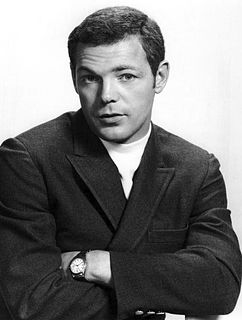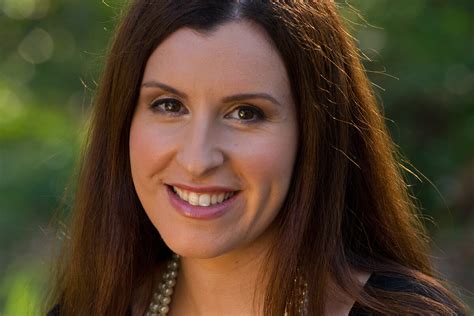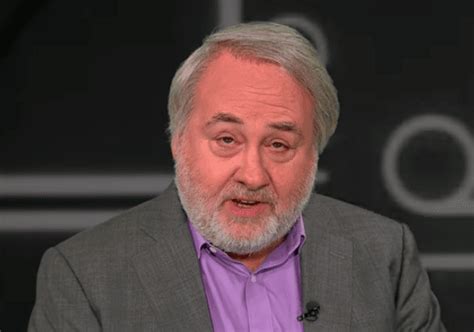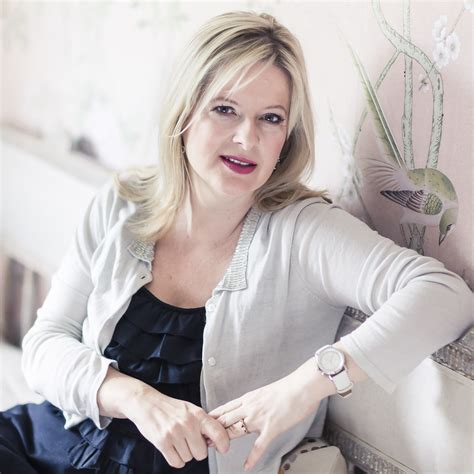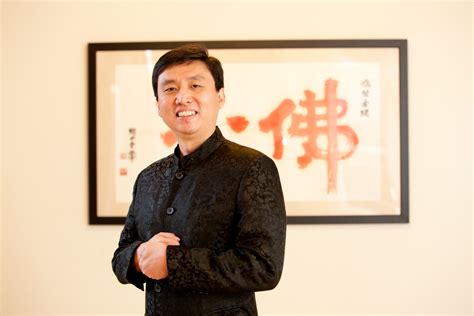A Quote by Nancy Mairs
My writing arises out of erotic impulse toward an other: it is an act of love. And I want terribly to be loved in return, as a sign that I have loved well enough.
Related Quotes
Someday, when my children are old enough to understand the logic that motivates a mother, I'll tell them: I loved you enough to bug you about where you were going, with whom and what time you would get home. ... I loved you enough to be silent and let you discover your friend was a creep. I loved you enough to make you return a Milky Way with a bite out of it to a drugstore and confess, 'I stole this.' ... But most of all I loved you enough to say no when you hated me for it. That was the hardest part of all.
They say you cannot love two people equally at once,” she said. “And perhaps for others that is so. But you and Will—you are not like two ordinary people, two people who might have been jealous of each other, or who would have imagined my love for one of them diminished by my love of the other. You merged your souls when you were both children. I could not have loved Will so much if I had not loved you as well. And I could not love you as I do if I had not loved Will as I did.
I have loved no part of the world like this and I have loved no women as I love you. You're my human Africa. I love your smell as I love these smells. I love your dark bush as I love the bush here, you change with the light as this place does, so that one all the time is loving something different and yet the same. I want to spill myself out into you as I want to die here.
Most people aren't raised to be hated. We're all raised to be loved. We want to be loved. We're told to do things to be loved and appreciated and liked. We're raised, don't offend anybody, be nice. Everybody wants total acceptance. Everybody wants respect. Everybody wants to be loved, and so when you learn that what you do is going to engender hatred you have to learn to accept that as a sign of success.





